The Connection between Creativity and Mental Health
Creative versus mental health is a complicated area that has been fascinating psychologists, neuroscientists and artists for centuries. So here’s a quick rundown of the relationship.
Creativity as a Coping Mechanism
- Expression of Emotion: Art, music, or dance helps people process emotions that they can’t quite express in words. It can also be therapeutic, a means to negotiate hard-hit experiences.
- Stress Reduction: Creativity has been proven to decrease stress and relax because "flow" is a type of activity where the individual is fully immersed in the practice.
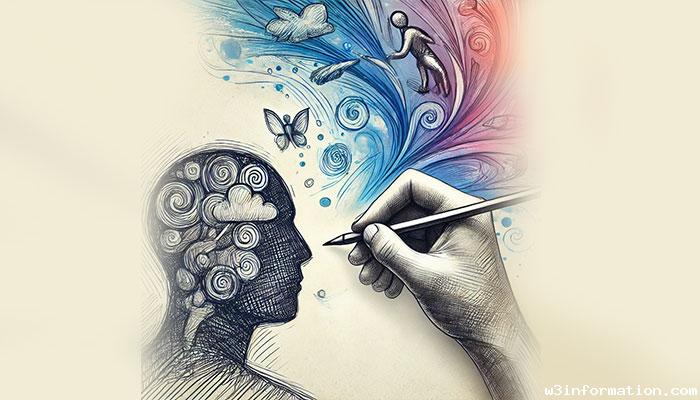
Mental Health Problems and Original Production
- Mood Disorders and Creativity: We’ve found mood disorders (such as bipolar disorder and depression) are prevalent among creative types. The emotional and creative thinking of such states can spur inventive thinking.
- Paintings as an Outward Expression of Depression: Some of the greatest artists and writers in history (Vincent van Gogh, Sylvia Plath) painted in large part due to their mental health conditions.
The Role of Neurobiology
- Dopamine Control: Creativity has been associated with brain’s dopamine system. Dysregulated dopamine (such as we find in schizophrenia and bipolar disorder) could cause creativity and mental illness.
- Cognitive Flexibility and Divergent Thinking: Disorders of the mind like ADHD are associated with higher divergent thinking — an essential aspect of creativity.
Health Benefits of Creativity for the Mind
- Treatment Options: Art Therapy, Music Therapy, Drama Therapy are proven treatment methods for the treatment of mental health issues to boost self-awareness, anxiety and emotional stability.
- Sociability and Attachment: Creative shared projects can promote social connection and counter isolation typical of mental health crises.
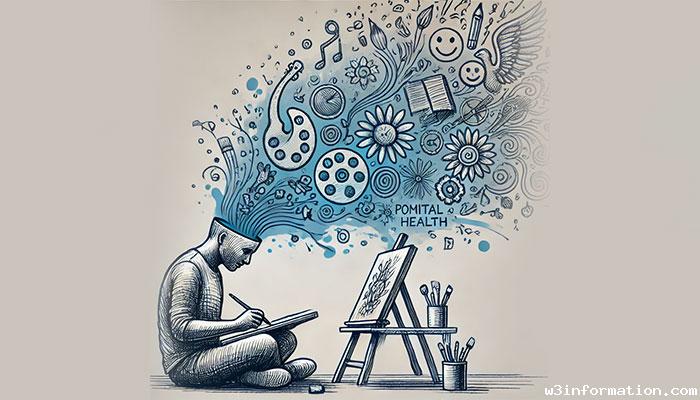
Errors in the Creativity-Mental Health Chain
- Smear-Spear: It’s possible for the "tortured artist" to misrepresent mental illness in terms of the reality of the situation. The bottom line is, although creativity can be accompanied by psychological disorders, those conditions will need to be treated.
- Burnout & Perfectionism: The most creative people might also have special stressors like performance anxiety or fear of failure that may compound psychological distress.
Finding Balance
There is no one-size-fits-all solution, but creativity under a healthy and supportive atmosphere can benefit mental health. Systematic creativity (and, when needed, professional mental health care) can help bring out the creative potential without exacerbated problems.
W3information helps you to get knowledge about the new information. This site under copyright content belongs to w3information. By using this site, you agree to have read and accepted our terms of use, cookie and privacy policy.
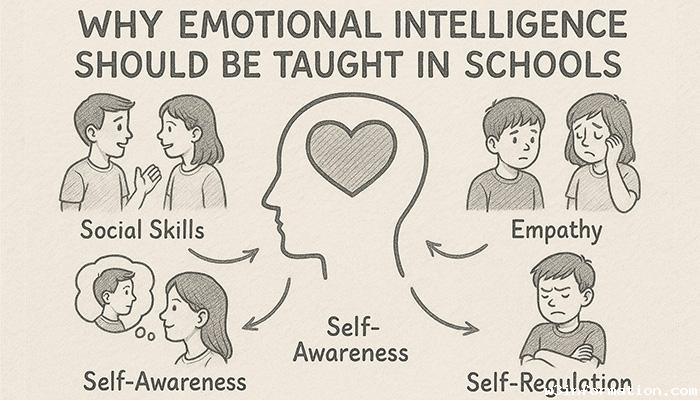 Why Emotional Intelligence Should Be Taught in Schools
Why Emotional Intelligence Should Be Taught in Schools
 The Future of Higher Education: Trends to Watch
The Future of Higher Education: Trends to Watch
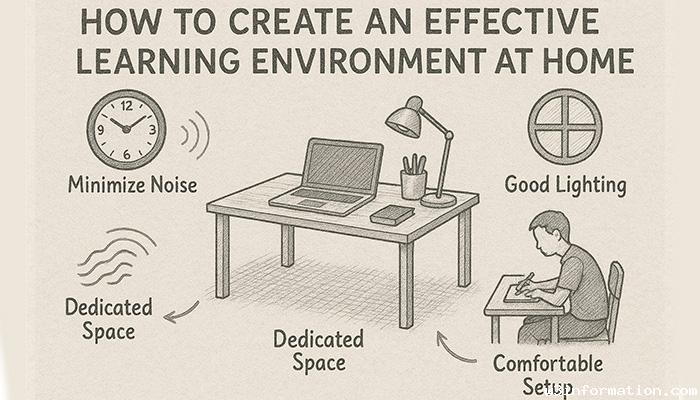 How to Create an Effective Learning Environment at Home
How to Create an Effective Learning Environment at Home
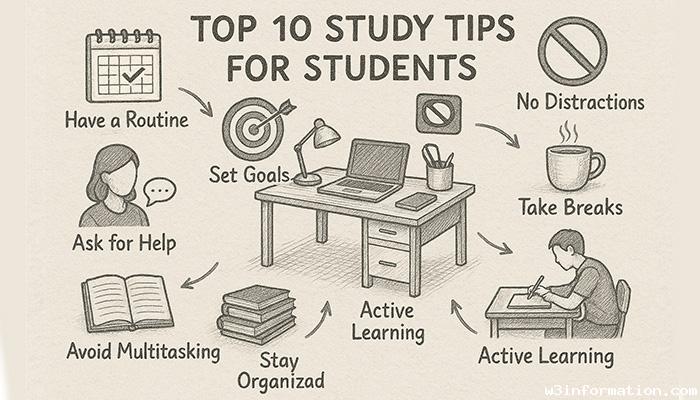 Top 10 Study Tips for Students
Top 10 Study Tips for Students
 How Online Learning is Changing the Education Landscape
How Online Learning is Changing the Education Landscape
 How to create backend CRM using React JS
How to create backend CRM using React JS